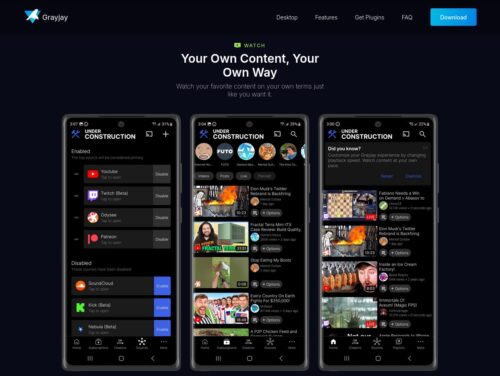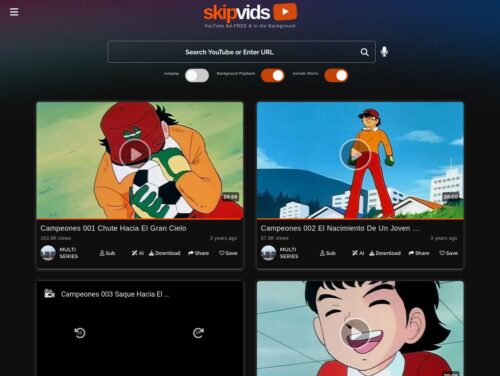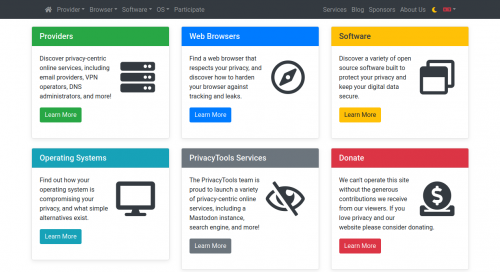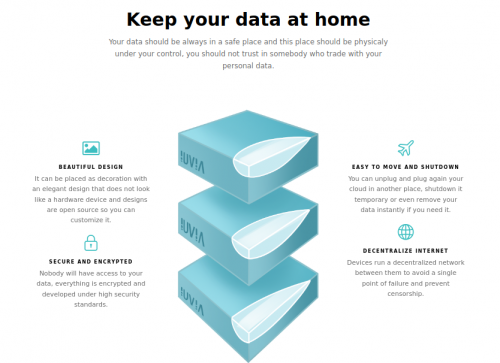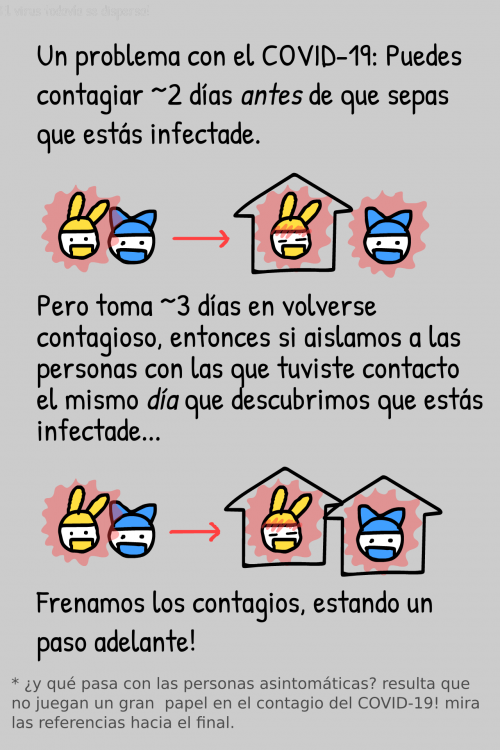Vosotros, cansados gigantes de carne y acero
“Gobiernos del Mundo Industrial, vosotros, cansados gigantes de carne y acero, vengo del Ciberespacio, el nuevo hogar de la Mente. En nombre del futuro, os pido en el pasado que nos dejéis en paz. No sois bienvenidos entre nosotros. No ejercéis ninguna soberanía sobre el lugar donde nos reunimos”. Era la Declaración de Independencia del Ciberespacio de John Perry Barlow. Falleció en 2018, y para entonces muchos habitantes del ciberespacio sospechábamos que su idea, más que ingenua o utópica, era siniestramente similar al discurso tecnolibertario. Silicon Valley, recordemos, nació de la contracultura californiana y sus contradicciones.
el espíritu de los tiempos es favorable a las restricciones parciales a ciertas plataformas, y no solo en regímenes como el chino, donde sus ciudadanos están acostumbrados a las VPN. Los motivos, aunque legítimos y normalmente relacionados con la protección de la soberanía nacional, la lucha contra la desinformación o la defensa de los menores y los derechos de autor, desatan dudas sobre si se acabarán cercenando derechos mayores, porque la ejecución es compleja y la vigilancia de los vigilantes, aún más. Europa lleva tiempo levantando muros regulatorios. EE UU (que, por cierto, podría desenchufarnos de internet en un segundo) tendrá una versión de TikTok diferente. En España nos reímos del pajaporte, pero en Francia y Reino Unido se requiere una verificación de edad obligatoria para el acceso a las páginas adultas. En este último lugar la comprobación se aplica también a redes sociales, foros y otras páginas donde los menores pueden encontrar contenido nocivo, llegando a situaciones surrealistas como una posible restricción a la Wikipedia. Nadie nos prometió que internet fuera a ser una república utópica e independiente del mundo real, pero tampoco que fuera a convertirse en el caso opuesto.

